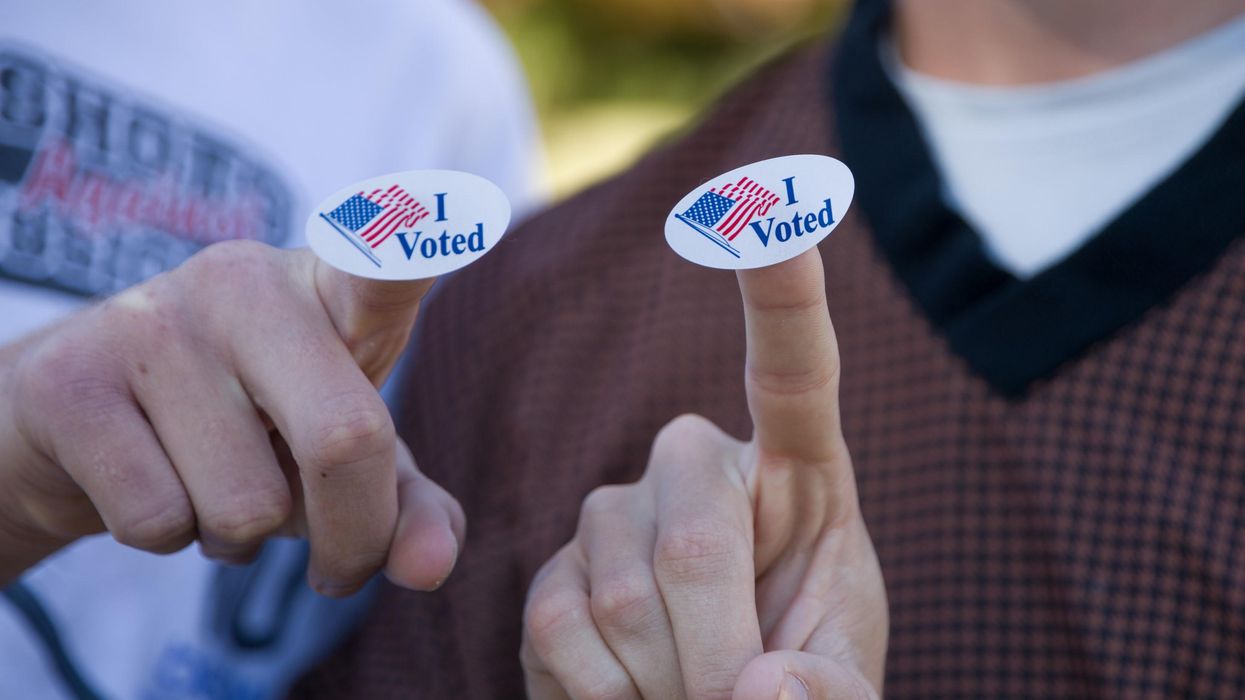A small change in Texas, allowing limited access to online voter registration for the first time, has led to half a million new voter sign-ups over the past five months.
The second most populous state now has 17 million registered voters. But it is one of just nine states that doesn't broadly offer online registration.
This access issue led to a years-long legal battle that concluded in September 2020 when a federal judge ruled Texas must give people the option to register to vote online when updating their driver's license. Previously, Texans had to print and fill out a form and mail it to the county registrar in order to register.
The 1993 National Voter Registration Act, also known as the motor voter law, requires states to allow residents to register to vote when updating their driver's licenses. However, when a group of Texas residents were unable to register through this process, the Texas Civil Rights Project sued the state on their behalf.
Judge Orlando Garcia ruled last fall that the Department of Public Safety was "legally obligated" to allow Texans to simultaneously register to vote while updating their driver's licenses through the state's online portal.
His ruling came just two weeks before Texas' Oct. 5 voter registration deadline for the 2020 election. At the time, voting rights advocates celebrated the limited expansion as a step in the right direction.
Now, as the Republican-controlled Legislature considers more than 191 election reform bills (mostly to ease voting, according to the Voting Rights Lab), voting rights advocates hope this recent registration success will tip the scales toward more voting expansions, rather than rollbacks.
While Texans will not vote in any statewide elections this year, there will be special elections for Congress and the Legislature, as well as municipal races.




















